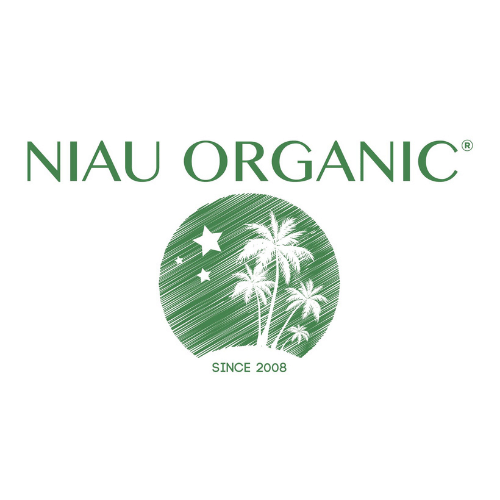
| Pineapple | |
|
Christophe Colomb discovered the pineapple in 1493 upon his arrival in Guadeloupe where a slice of pineapple was offered to navigators as a welcome gift to quench their thirst after a long journey. Later, pineapples travelled to Tropical America to The Portuguese planted it in India, to Java, where |
Today, the Pineapple is a very widespread fruit in the Pacific Islands, appreciated for its exquisite flavor and its refreshing power. When ripe, pineapple is a very sweet fruit with an excellent nutritional value. It is a protective and fortifying food, rich in fibers, in minerals, in Vitamin C helping to boost the metabolism and to strengthen the tissues, and in Vitamin B1 (thiamin), helping the body to assimilate carbohydrates and to take calories out. |
|
CULTIVATION Pineapple is a tropical plant that requires a temperature of more than 10°C, and a well-drained soil, rich and acid. It is usually multiplied with shoots division formed at the base of the plant, or by cuttings of the crown of leaves carried by the fruit. The plant is said to have a vegetative multiplication. Pineapple requires 14 to 20 months from plantation to harvest : |
USES Thanks to bromelain, pineapple is known to facilitate digestion, thus making a perfect dessert. It has a desinfiltrating power and is recommended in diets to treat water retention or cellulitis. Many cosmetic virtues are also given to this fruit, especially against acne: pineapple would neutralize fatty acids of the skin but also the fatty part of the epidermis. |







